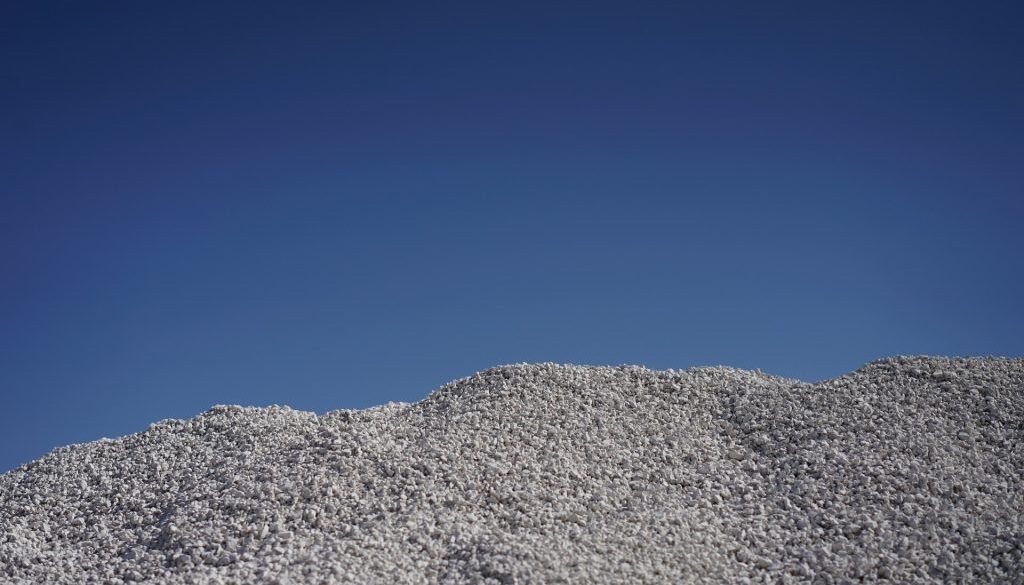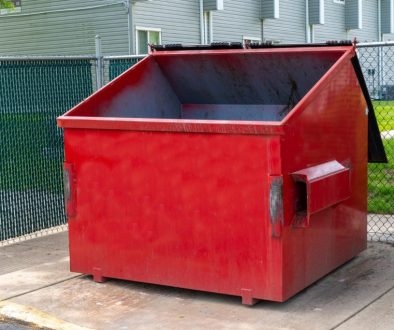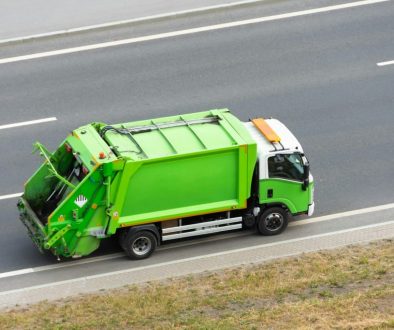Aggregates are rocks that have been broken down and used in the construction industry. In general, rocks are naturally occurring sedimentary or other minerals found in beds, veins, and layers.
According to Globally Used Aggregate (GUA), aggregates generated from mining, quarrying, and crushing activities are classified as construction materials.
These are then recovered for use in the construction industry. Aggregate materials are usually made from rocks, sand, clay, or soil but may include different kinds of waste from mining and construction activities. They are used for various applications, like concrete, asphalt (bitumen), and fill materials.
Today, let’s take a closer look at aggregates and the essential things you need to know about them.
What Is the Importance of Aggregates?
Because aggregates are used in building construction and other civil works, they can be found everywhere around us. Not only are they used as building and road materials, but also in different industries like the chemical industry and cement production.
They are essential for almost all construction works and activities, foundations, walls, roofs or even for filling up pits and ditches.
Aggregates are also used for different purposes, such as in the construction of dams, the production of sandpaper, and the production of concrete.
What Makes a Good Aggregate?
Several things make a good aggregate. First and foremost, the size of aggregate materials is essential. The fine particles are not big enough to allow the proper adhesion of the fine aggregate particles to the cement paste.
They should be small enough to allow the concrete to have mechanical stability so that when a weight is placed on the concrete, it will not disintegrate. But these particles should not be too small to allow the formation of void space within the hardened concrete.
In general, the size of the particles for good aggregate materials should not exceed 0.6 mm, because it will weaken the concrete.
The size of aggregate materials also depends on the purpose of the project. For example, concrete for a bridge deck needs bigger aggregate materials to withstand the weight of trucks and vehicles. On the other hand, the aggregate needs to be small for light concrete for a sidewalk.
Types of Aggregates
Among the different types of aggregates, gravels and crushed stones are two popular types of aggregates that are widely used, especially in the construction industry.
Gravels are rocks or sandstones that are used for the construction of roads and airport runways. They are hard materials and grainy, with particle sizes between 0.2 to 0.5 inches.
They are usually rocks that have been eroded by water or ice. Generally, gravels are used for construction foundations, road pavements, and levelling surfaces for placing materials.
This is because gravels can support heavy materials and are suitable for the construction of road surfaces. In the construction industry, gravels are used to produce cement and concrete.
On the other hand, crushed rocks are naturally occurring rocks that have been crushed and have bigger sizes of aggregate materials. They are used in the production of sand, concrete, and bricks.
How Are Aggregates Mined and Processed
Aggregates are mined from different sources. The most common mining process includes mining from specific rock deposits, mining from bedded deposits, mining from lakeshores, and mining from riverbeds. These are simple and traditional methods.
But today, these processes are done more efficiently with the help of advanced engineering techniques. Electric vibrating feeders, impact crushers, screens, conveyors, and wheel loaders are the most common machinery used in this industry.
Aggregates are also processed in different ways. The most common methods of processing aggregates include crushing, washing and screening, crushing, air classifiers, washing and screening, drying and shredding, and drying and grinding.
These ensure that only the best aggregates are used for the production of concrete and different kinds of construction works.
How Do You Get the Right Kind of Aggregate?
Determining which aggregate is appropriate for your project depends on the requirements. For example, if the aggregate material is needed to be transported long distances, fine aggregate materials are more appropriate because they will minimise the transportation cost.
If the project needs to minimise the transportation cost, then larger aggregate materials are more appropriate.
Since the concrete needs to be strong and durable, it is also crucial for the aggregate materials to be of good quality. Therefore, it is best to buy the materials from well-known companies that have been in the business for a long time and have a good reputation.
To ensure that the quality is at its best and in accordance with the project specifications, it is best to be aware of the grading of the materials. They are identified by the percentages of the aggregate used in the mix.
The Supply and Demand of Aggregates
The aggregate market is challenging because of the high demand and short supply. Therefore, the price of aggregates can easily fluctuate, and this can be done with the change in supply and demand.
Several factors can affect the supply and demand of aggregates. The first is the increase or decrease in the population. This will affect the demand for construction projects, which will affect the demand for aggregates.
The second factor is the use of the construction project. If it is used for transportation, the demand for aggregates will increase because of the need to repair the roads. If it is used for building homes or commercial buildings, then the need for the materials will increase.
Natural disasters like floods and earthquakes can also affect the supply and demand of aggregates. This is because people need to repair their homes and buildings, so they will need materials like concrete and sand to rebuild their homes.
The Bottom Line
Aggregates are a primary construction material in almost all constructions around us. Whether you are constructing roads, buildings, commercial establishments, or structures, you will need the help of aggregate materials. For concrete production, the aggregate materials must be of good quality because this will ensure that the concrete will be strong and durable.
If you’re looking for domestic skip hire, you’re in the right place. Enviro Skip Hire is a family-run skip hire and aggregate company servicing Staffordshire. Check out our wide range of skip sizes and aggregates. Contact us today to get started and learn more!




